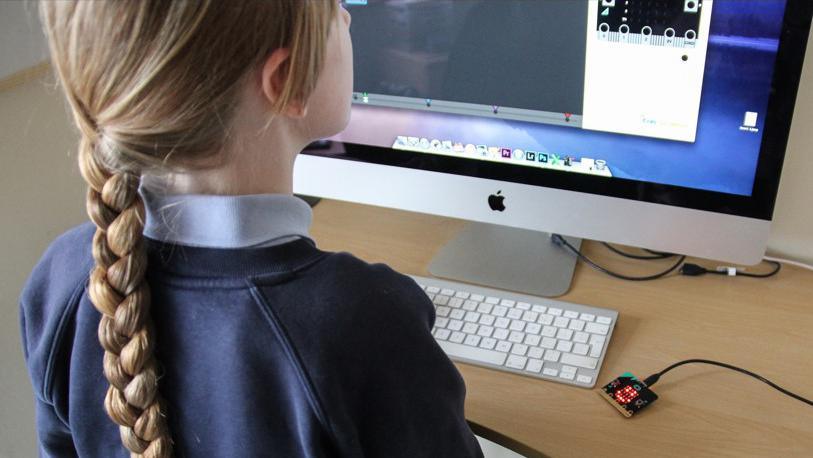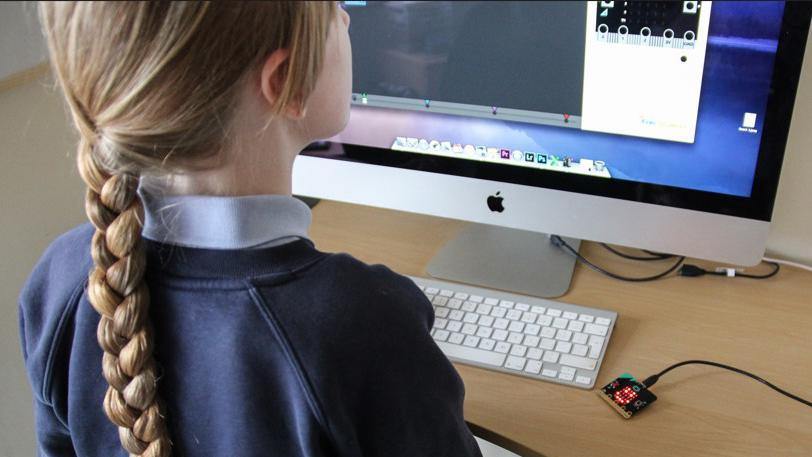Survey shows increase in online bullying in Kent

More than 4,000 young people took part in the survey commissioned by the Kent's police and crime commissioner on online bullying
At a glance
The results of a new survey shows a rise in bullying and harassment among under-18s online in Kent
More than 4,000 under-18s took part in the survey launched by Kent's police and crime commissioner Matthew Scott
Mr Scott thinks more pressure needs to be applied to social media sites to combat cyberbullying
- Published
An increase in online bullying among children across Kent has been revealed in a survey by the county's police and crime commissioner.
Almost a third of participants in the survey said they had been on the receiving end of cyberbullying - up nearly a fifth on the same survey five years ago.
In addition, nearly 500 young people admitted to being online bullies themselves, equating to about 11% of those surveyed.
Kent police and crime commissioner Matthew Scott said he was "not surprised" by the findings and believed the issue was "getting worse".
More than 4,000 under-18s took part in the survey which was launched in April by Mr Scott to understand the extent of harassment and bullying that children in Kent face online.
Speaking to BBC Radio Kent, Mr Scott said one of his main concerns surrounded the lack of reporting of cyberbullying.
"I don't want young people to suffer in silence given nearly a quarter of people told no one that it happened to them," he said.
Mr Scott said resources were available for those who have admitted to being bullies themselves but he also said "people have to take responsibility for their own behaviour".
He added cyberbullying was a "constantly evolving issue" and that pressure should be applied to social media companies to help combat it.
Frazer Westmorland, headteacher of Mundella Primary School in Folkestone, said social media was part of life for young people nowadays but "educating ourselves is a step in the right direction" to supporting children.
He said parents and schools "don't always know enough" about the different platforms that children are using online.
And he added some of the problems stemmed from the speed with which children can communicate with one another "without having to really consider the implications and consequences of the communication".
Follow BBC South East on Facebook, external, on Twitter, external, and on Instagram, external. Send your story ideas to southeasttoday@bbc.co.uk, external.
Related topics
- Published24 April 2023
